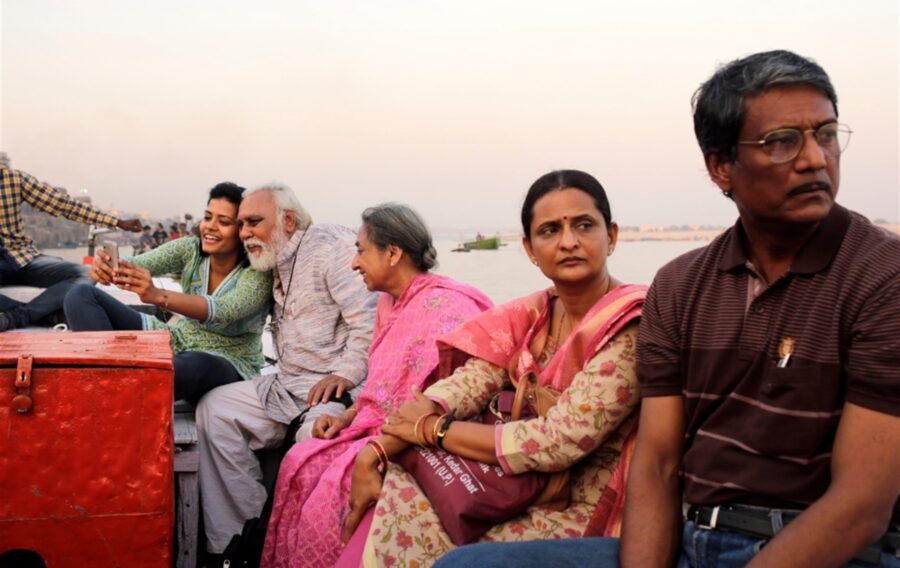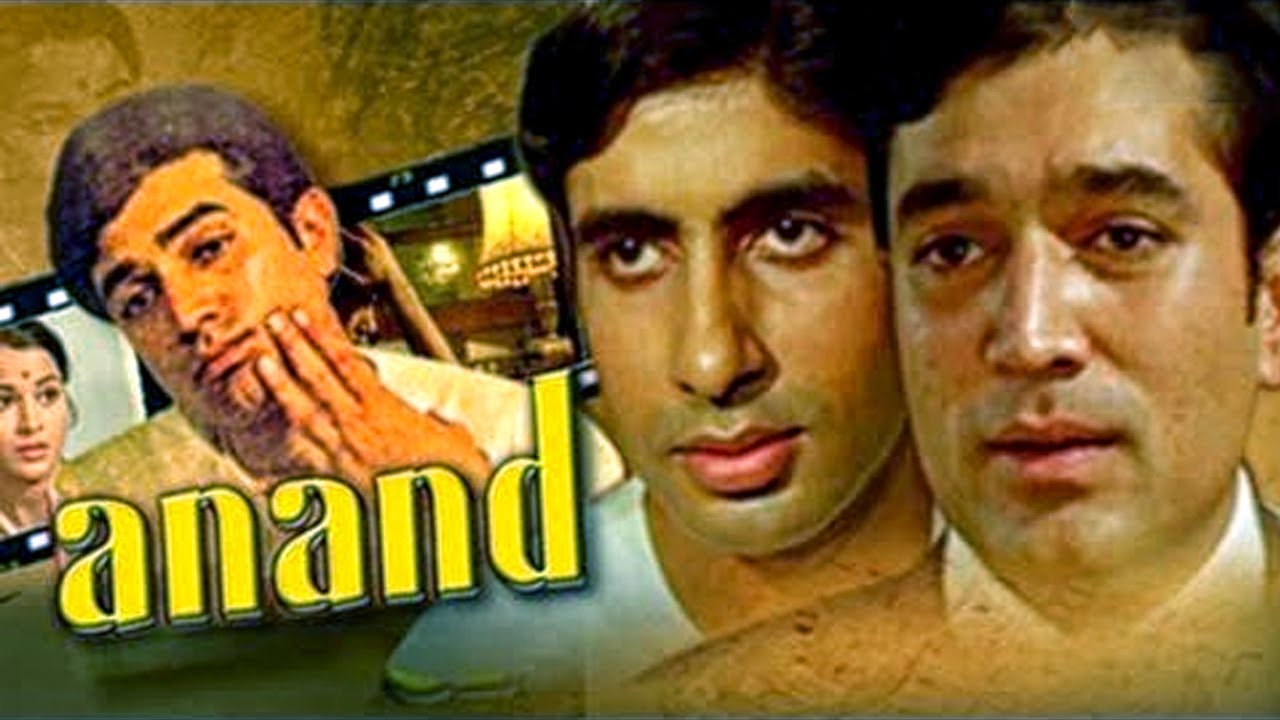Pikchar With Rita is a fortnightly column on cinema by Rita Kothari. She’s a Professor of English at Ashoka University. She does not “do” film studies.
***
“I’ll do it myself, if you don’t want to.” Many of us have known this ‘threat’ from our parents; pushing all the guilt buttons in us. That’s how a father makes a son go with him to another city for an indefinite period of time. This familiar complexity of the parent-child relationship may only vary across cultures; but not depart very significantly from the premise I just provided.
Recommended
However, ‘another city’ is not any other city; it is Banaras. The stubborn father Daya (played by Lalit Behl) wants to spend his last days in Banaras and achieve salvation. The son Rajiv (played by Adil Hussain) joins, reluctantly, not because the prospect of his father’s death bothers him; but he has too much work in the office and can’t understand this new nuisance he is being subjected to. This banality of the film Mukti Bhawan (2016) in a middle-class family brings to us the truth that death need not be exalted; that it may also not be tragic.
The tragedy lies in overworn and under-expressed human relations; wormwood sipped every day and not a final denouement as world tragedies would have us believe. Meanwhile the father and son wait endlessly for death in a dingy room in Banaras. The leisure gives them time to know each other; much like what lockdown may have done to many families. The leisure also makes them fight and snap at each other. But a connection has been revived from underneath the dust of routine numbness. Finally death happens, following the protocols that Daya wanted. It comes to an old person who is in Mukti Bhawan. There’s not too much wrong with that, is it?
Death can be jerky; abrupt, wrenching us away from mid-conversation, and if you are the one left behind, you could be left gasping for the rest of your life, gasping to complete that sentence. Covid deaths are of this nature – sudden, badly timed, unpredictably picking its victims. They are violent not only in being what they are –deaths – but in not allowing closure, in not creating an interval of grieving. Death can also be timely; beautifully synchronised – its sur and its taal coinciding.
Deep down many of us have that fantasy of death for ourselves and those we love. It’s also possible that we realise the smoothness of a death narrative much later, in retrospect. For instance, my father died on the day of my niece’s mehndi function. After many years of struggle and financial instability, my family managed to do this one wedding well. It was the previous evening of the wedding that he passed away. It felt most cruel and abrupt. But it was also a death that came to him when he wanted it, maybe not on that particular day. It was a stage in his life when he could say, I have lived like a poor man, but I want to die a rich man—strange wish that might seem considering we see death as a moment of non-possession. Despite the wrong day, his death was timed well, albeit to a different clock. It took some time to understand this, grief provided that interval.
Daya the father has been looked after by the son while they are in Banaras and nurtured (with a lace of resentment and exasperation of course) like a child. It’s a full circle. The father is ready to depart, but it is the son who is asked to go back to the family and to make sure that Sunita (Rajiv’s daughter) gets to live the way she wants.
In the last few scenes, we see Rajiv and Sunita (no more estranged) read together the old man’s notebook. It has a poem—simple and crystal clear about doing what the heart says. The poem is signed off by a self-proclaimed “great poet whose poems taste dust in old books.” Pride and ridicule, laughter and tears mix as the father and daughter bid farewell to the dead body. Daya passed away at a good time, in a good place—an ideal deshkaal. Our present moment does not allow us this synchrony of time and place or age. It also does not allow grieving, let alone a funeral. Grief, says Amitava Kumar, is lodged in our lungs, we arrange its patterns daily.



